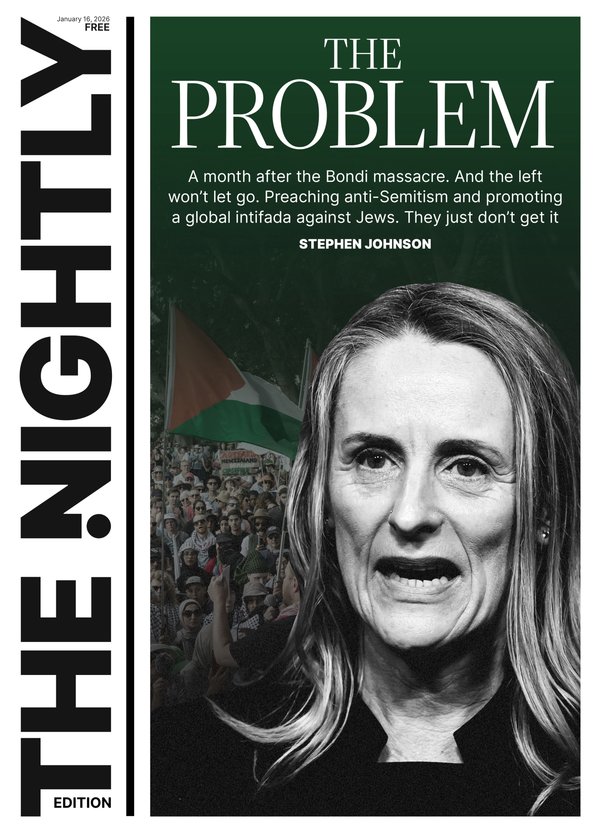Who is Simon Holmes a Court? Teal backer slammed for comparing Scott Morrison’s popularity to Rolf Harris’
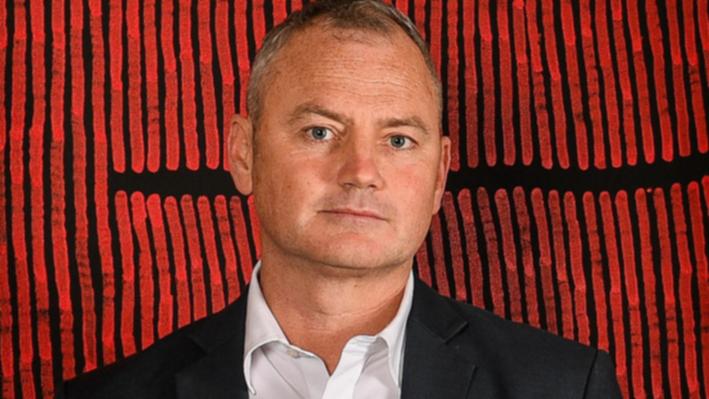
The Climate 200 founder and convener is back in the headlines again. How did he become linked to the so-called teal independent movement?
Who is Simon Holmes a Court?
The WA-born son of Australia’s first billionaire, Robert Holmes a Court, the businessman and political activist has become a prominent political player in the last few years.
Sign up to The Nightly's newsletters.
Get the first look at the digital newspaper, curated daily stories and breaking headlines delivered to your inbox.
By continuing you agree to our Terms and Privacy Policy.Simon Holmes a Court was a financial supporter and member of former Liberal treasurer Josh Frydenberg’s fundraising arm Kooyong 200 — until he was expelled in 2018 after writing an opinion piece supporting the closure of the Liddell Power Station.
A years-long feud with Mr Frydenberg eventuated, before Mr Holmes a Court set up Climate 200 in 2019 as a fundraising vehicle to back independent candidates.
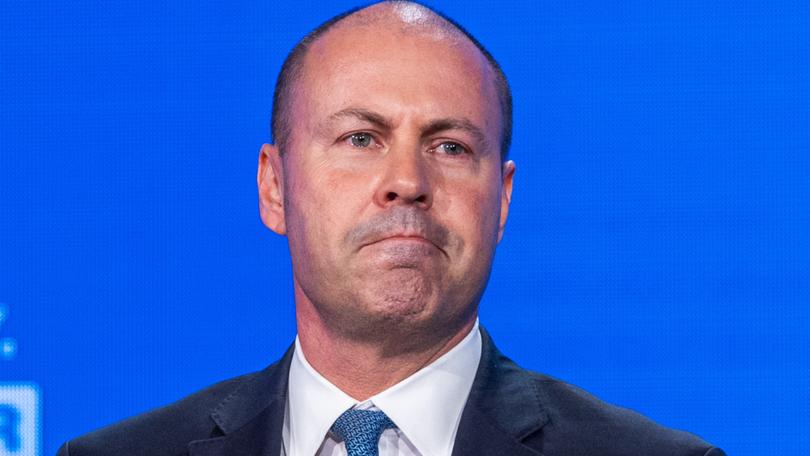
He continues to be the convener of the organisation, which now has an advisory council that includes former prominent independent politicians Tony Windsor, Rob Oakeshott and Kerryn Phelps along with former Liberal leader John Hewson, Labor minister Barry Jones and Democrats leader Meg Lees.
The body in 2019 and 2022 backed candidates who campaigned on climate action, integrity in politics, and gender equality.
During the 2022 federal election, 23 candidates received a share of more than $12 million in funding from the fundraising vehicle — including Monique Ryan who ousted Mr Frydenberg from the blue-ribbon Melbourne seat.
Dr Ryan received about $1.8 million of the funds raised.
The ‘teal’ brand
The group of independents who entered parliament at the 2019 and 2022 elections, including Curtin MP Kate Chaney, Monique Ryan, Zali Steggall, Allegra Spender, Kylea Tink, Sophie Scamps, and Zoe Daniel are often lumped together as “teals”.
Climate 200 is not a registered political party, but is registered with the Australian Electoral Commission as a “significant third party”.
The name was inspired by the colour Ms Steggall used on her campaign posters — a colour she described as being not quite blue but not quite green to represent her politics and environmental focus.
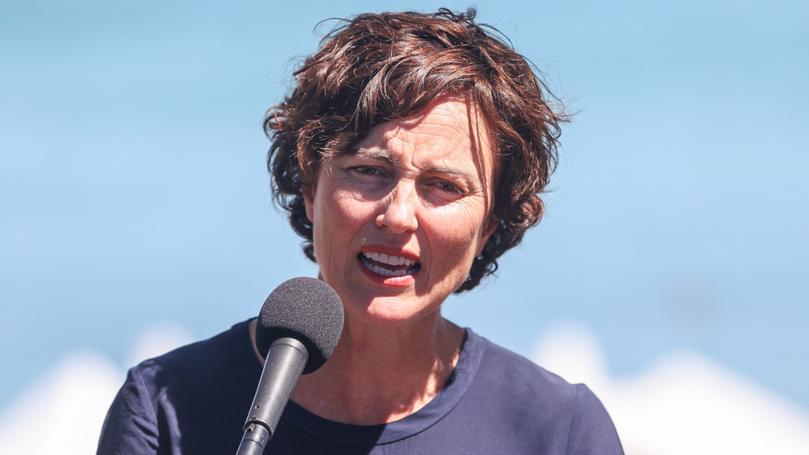
Not all of the group have used the colour in their own campaign material, with outgoing North Sydney MP Kylea Tink opting instead for bright pink.
Mining magnate Clive Palmer last month lodged an application to trademark a raft of terms relating to “teal” and the “Teal Party”, in an effort to prevent them being used for political or advertising usages.
Liberal deputy leader Sussan Ley said she felt sorry for the crossbenchers who had “spent the last four years telling everyone they’re not a political party and, ‘Don’t call us that, we’re a series of independents making independent decisions’” but may now find themselves fighting the trademarking of the term teals.
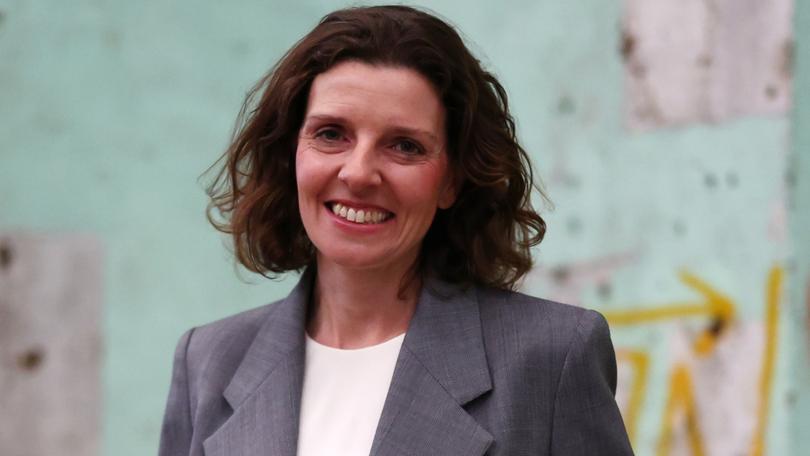
Ms Spender told the National Press Club in October she was sick of the constant suggestions that Mr Holmes a Court or some other man was pulling the strings of the group of independents.
The comments followed Ms Spender lobbying the Australian Financial Review to remove Mr Holmes a Court from the “covert” section of an annual list of influential Australians.
“I’m a woman of my middle ages, I’ve spent 10 or 15 years running companies, I’ve got three kids, I’ve got a life that I’m trying to run here and I feel this continual … insinuation that somebody out there is pulling the strings I think is insulting to me but I think it’s insulting to women around Australia,” she said.
“I have a problem with this sort of idea that women like myself get here and there’s someone covertly hiding behind us pulling all the strings.
“Women, we make up our own minds, it’s a thing.”
Voices groups
Climate 200 offered a more centralised fundraising system to back the “Voices for” and “Voices of” groups that had already been springing up around the country for years.
The community independent model, based on “kitchen table conversations” and building a consensus among locals in an area fed up with the politics as usual from the major parties, was pioneered by Cathy McGowan who won the regional Victorian seat of Indi in 2013.
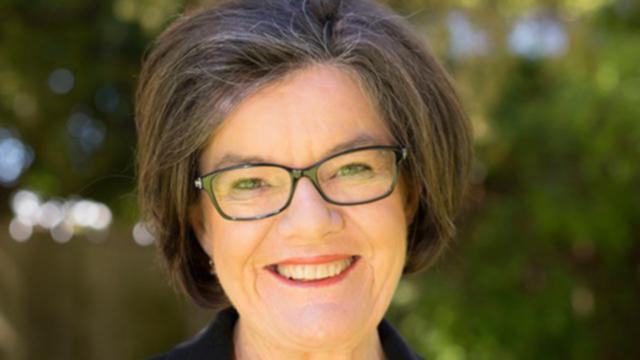
She served two terms before passing the baton to Helen Haines who won the seat in 2019 and 2022, the first independent to succeed another independent in Australian political history.
Since then, more than 70 Voices groups have been formed around the country, including in Curtin, Forrest and Moore.
In June, Climate 200 said its community accelerator fund had raised more than $1.1 million and was giving grants to some of these groups to help their campaigning efforts, starting with McPherson, Moncrieff, Fisher, and Fairfax in Queensland, Cowper and Bradfield in NSW, and Casey, Monash and Wannon in Victoria.
